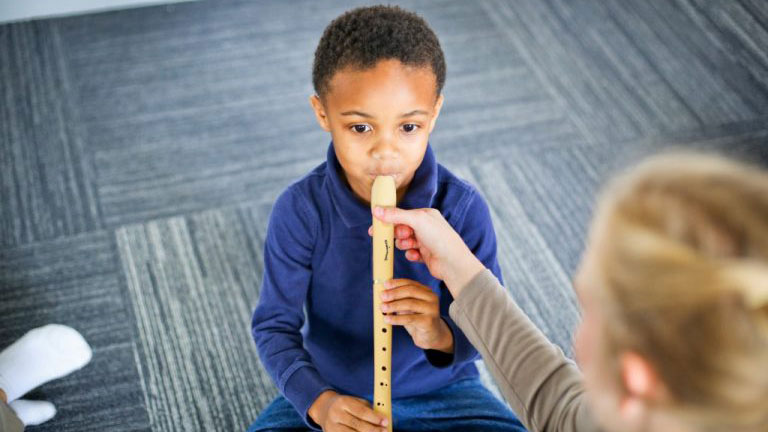My goal as a teacher is to help make music a lifelong companion for my students. It is not about reaching a particular standard in their music lessons but rather about equipping them for a musical journey. Instead of setting out with an assumption that your child will become an accomplished musician, join me in one united goal: start them on a long-term relationship with music. Kindermusik classes are not just a weekly music lesson or something to do on a Saturday morning but are gearing them up to have music in their life forever!
Loving music through a music lesson
I recently read Neil Moore’s ebook “Music and the art of long-term relationships”. In it he likens music to any long-term relationship where there are peaks, plateaus and valleys of enjoyment and progress and each of these peaks, plateaus and valleys will be short-term, medium-term or long-term. We can help our students and children to navigate their way through their own up and down musical journey in our music lessons with them by explaining and providing encouragement and support through the tough times and celebrating the peak times.
How can you help support your child’s learning in a music lesson?
Show commitment
- Bring your child to their music lesson every week.
Show them that regular commitment is important for progress. Children that do not attend lessons every week start to fall behind and feel insecure. If you do need to miss a class, be sure to help them catch up at home using the weekly emails. “For a child to come to believe that a commitment is important to them, they must see and experience that you believe it is. They must see that you are committed to it, and that you won’t cave in during those times when they would. This is parenting by modelling.”* - Allocate time to do their music lesson ’homework’ each week where you will not be disrupted by work, TV, siblings or other outside distraction. “Little and often” is the key to successful music practise so putting aside 3 slots of 10 minutes to sit with your child will be far more productive than an hour before class the next day! It will also make it more enjoyable and manageable for you and your child. Don’t forget that a 4 or 5 year olds attention span is still somewhat limited, especially after a day at school. If you start setting aside time for music practise now, how easy will it be to turn this into instrument practise when they are older!
- Attend sharing time. After our music lessons this is your opportunity to spend 15 minutes, one on one with your child, understanding what they have learned in class and how you can help them at home before the next class.
Show that you value music
- If you are keen for them to enjoy music then show your child your enjoyment and, most importantly share your love of music – whether that is Beyonce, Beethoven or Beauty and the Beast! Discuss music, listen to music and make music together.
Encourage
- Even if we haven’t ourselves had music lessons, or had much of a musical journey, as adults and parents we have the experience and benefit of having had long-term relationships. We know that usually “this, too, will pass” and can remind our children of this and help them get through any difficult dips in their journey. Equally we can encourage by celebrating achievements and progress during the peak times.
Helping your child to love music
As a teacher, I only see your child once a week for a very limited period of time during their music lesson. I am their short-term educator but you are their life coach who can help them navigate their music making every day. Be there, encourage and value their musical journey and they will gain the most from it and hopefully continue it for the rest of their lives.


Recent Comments